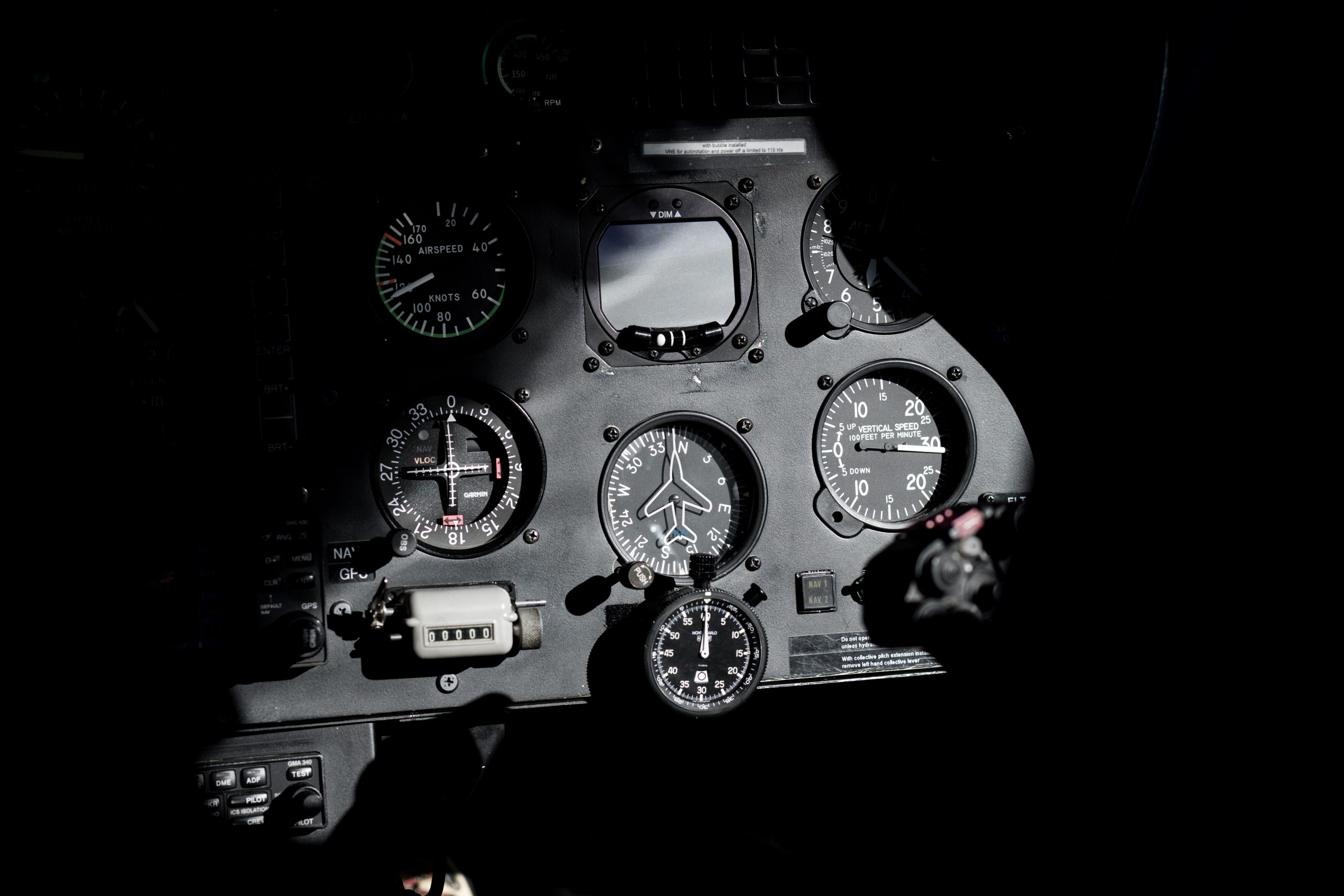


A simple way to define situation awareness is “knowing what is going on around you”. As operators deal with complex situations, systems and interactions, it appears clear that situation awareness is a critical component of their daily activities. Therefore, future employees of the Air Transport sector are expected to have to deal with even more complex systems than they currently do.
Situation awareness is a non-technical competency that has been identified for a long time as being critical for pilots and air traffic controllers. Indeed, it is already one of the core competencies highlighted by ICAO for pilots (Doc 9995, 2013) and for air traffic controllers (Doc 9868, 2015).
The skill-UP project highlights situation awareness as one of the most relevant competencies needed in the future of aviation. The future scenarios created by partners regarding Air Traffic Controllers, Pilots, RPAS Pilots and Ground Airport Staff reflect this need felt by professionals in the aviation industry.
In line with this, ENAC is developing a training module on situation awareness with two main learning objectives:
Increase theoretical knowledge about situation awareness
Guide learners in self-assessment of situation awareness in their professional context
The training module has five specific objectives:
Situation awareness has been defined as “the perception of the elements in the environment within a volume of time and space, the comprehension of their meaning and the projection of their status in the near future” (Endsley, 1988). The first specific objective of the training module is therefore to present and illustrate the three levels of situation awareness as defined by Endsley.
One way to better understand situation awareness is to review how researchers assess the way operators deal with situation awareness when performing complex tasks. Researchers of the field have provided some guidelines for the design of a situation awareness training course. Among the listed guidelines, the training provides some theoretical knowledge about relevant concepts related to situation awareness.
The third learning objective of the training module is to enable learners to increase their knowledge on basic mechanisms of human perception and comprehension, directly related to situation awareness. In addition, the training module also aims to increase knowledge on the relationships between situation awareness and related cognitive constructs (e.g., attention, working memory, long-term memory…).
As situation awareness is largely dependent on monitoring strategies, the fourth specific objective is to enable learners to be more aware of efficient monitoring strategies. Furthermore, the module also aims to present results of visual monitoring training studies done by researchers.
The fifth specific objective is to provide learners with basic knowledge about metacognition to allow them to self-assess their skills on situation awareness in their professional context. Learners will be guided through discussions before and after their autonomous practice of self-assessment of situation awareness.



